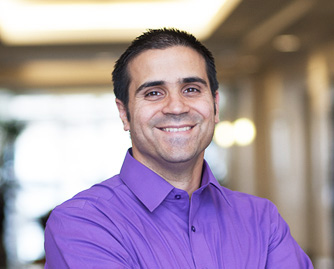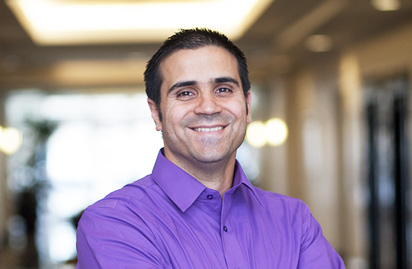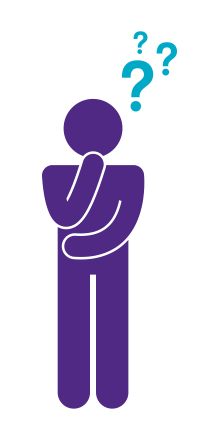What if...
...I don’t have enough money in my HSA to pay a medical expense?
If you need to pay a medical expense, but haven’t deposited the funds to cover it, you have a couple of options:
- Many health care providers will allow you to pay installments over a period of time. You can even set up recurring payments on the member portal once you have authorized installment payments with your provider.
- You can also pay for medical expenses out-of-pocket, and reimburse yourself once your balance reaches a certain amount.
As long as the medical expense is incurred after your HSA is established, you can use any funds deposited to cover that expense.
...I change my health plan?
If your new health plan is not considered HSA-qualified, you won’t be able to continue making contributions to your HSA. However, any funds you have deposited can continue to be accessed tax-free to pay your and your tax dependents’ qualified medical expenses.
You can also contribute additional funds to the account if you haven’t made the maximum eligible contribution based on how long you were covered. On the other hand, leaving the plan early may result in excess contributions to your account. See IRS publication 969 for more details, and contact HealthEquity member services if you need help.
...I leave my employer?
You own the HSA, so even if you leave your employer, the account stays with you. In fact, if you keep your HSA-qualified health plan (or get another HSA-qualified health plan) you can still contribute to the account.



